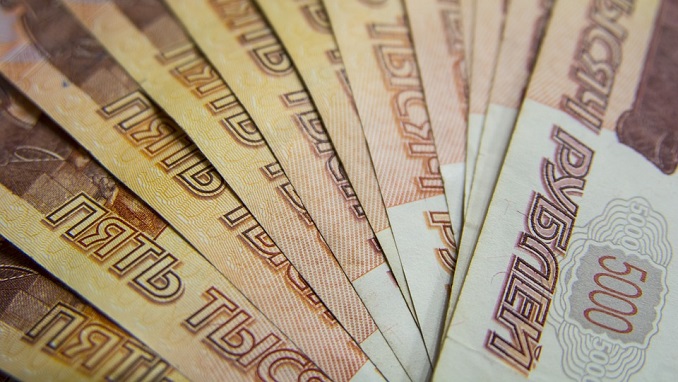Lawmakers in Russia’s State Duma adopted in three readings a bill allowing for new opportunities for the Federal Tax Service (FTS) to challenge companies using preferential tax rates under international agreements, RBC reports.
Companies that enjoy benefits under agreements on avoidance of double taxation will be obliged to explain the economic meaning of the operations. The new mechanism to combat tax evasion will work from 2020, and 71 double tax treaties will change.
Double tax treaties are often used by companies to extract profit from taxes. For example, registering a technical company in Cyprus and paying tax on dividends and interest on loans at rates of only 5 and 0% instead of 15 and 20%.
Russia has joined the overwhelming majority of the provisions of the convention, tightening the rules for obtaining benefits. Changes will turn into serious problems for business. “Holding companies are already under attack. Now the tax authorities will have more reason to challenge transactions. The ratification of MLI will make it difficult to apply preferential tax rates, and business life will become more burdensome in terms of tax expenditures,” says analyst Irina Bykhovskaya.
In particular, the company will have to prove that the foreign structure conducts real business activities, and is not created exclusively for tax optimization. One of the verification tools is the “test for the main goal.”
“It is necessary to prove that structuring as a main goal had business reasons, and the tax rebate was only a pleasant bonus. For example, a subholding country may be more flexible in terms of legal regulation,” says Alexander Tokarev, Director of the International Tax Services Group at KPMG in Russia and the CIS.
Holding companies, legal entities providing information and consulting services, group financing (including cash pooling) and investment management, with the exception of banks, insurance companies or registered securities dealers, will not be able to receive any benefits. The new legislation will also make it be harder to reduce the tax burden by paying dividends. Taking advantage of the lower tax rate on dividends will be able only to persons who own shares for at least a year.












